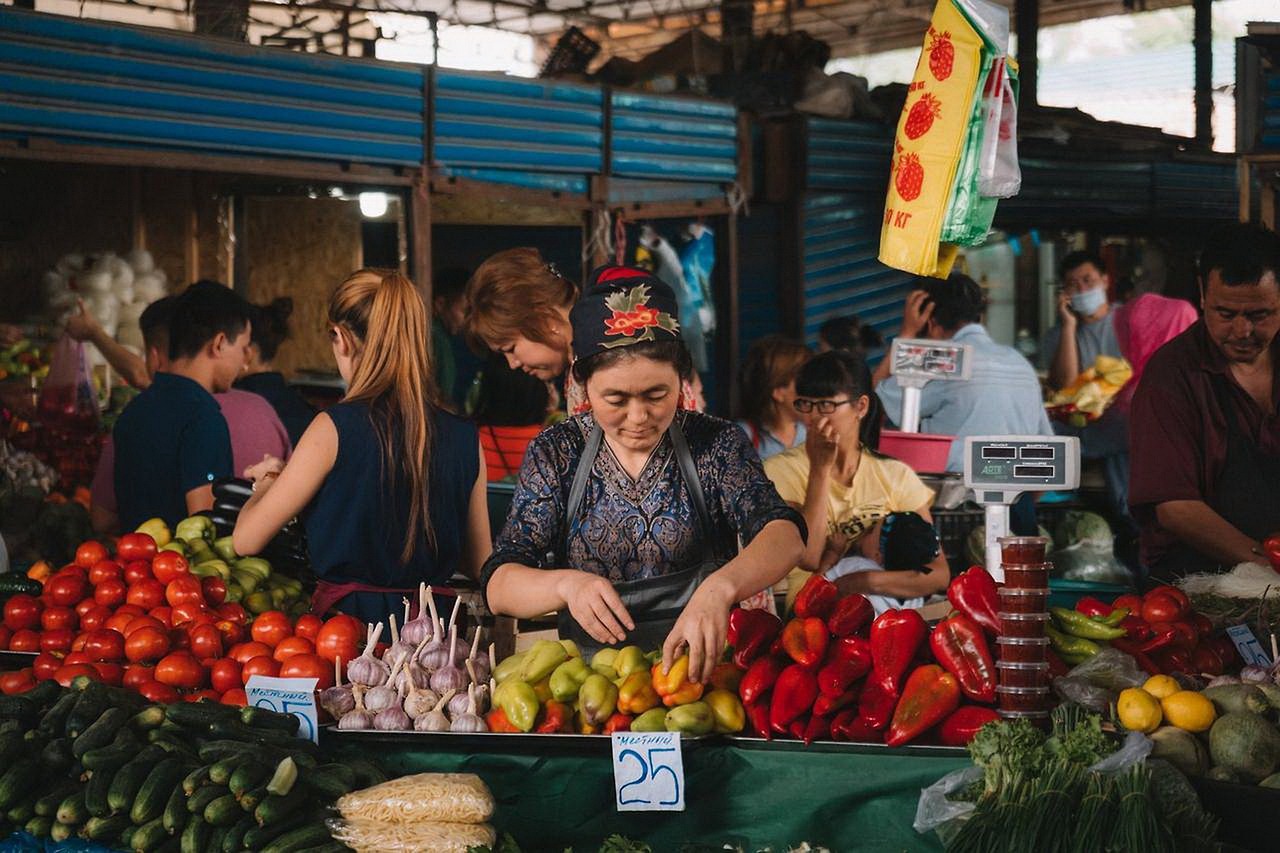The Impact of Agribusiness on Food and Agriculture Sustainability: 11x play online, Reddy bet, Golden777
11x play online, reddy bet, golden777: The Impact of Agribusiness on Food and Agriculture Sustainability
When it comes to ensuring the sustainability of food and agriculture, agribusiness plays a critical role in shaping the future of our food systems. Agribusiness encompasses a wide range of activities, including farming, processing, distribution, and marketing of agricultural products. The decisions made by agribusinesses have far-reaching impacts on the environment, economy, and society as a whole.
In this blog post, we will explore the impact of agribusiness on food and agriculture sustainability, highlighting both the challenges and opportunities that arise from the current practices in the industry.
The Role of Agribusiness in Food Production
Agribusiness is at the forefront of food production, providing the necessary inputs and resources for farmers to grow crops and raise livestock efficiently. From pesticides and fertilizers to machinery and technology, agribusinesses play a vital role in supporting agricultural productivity and ensuring a steady food supply for the growing global population.
However, the intensification of agriculture driven by agribusiness has also raised concerns about its impact on the environment. The use of chemical inputs, monocropping practices, and deforestation can lead to soil degradation, water pollution, and biodiversity loss, threatening the long-term sustainability of our food systems.
Sustainable Agriculture Practices
In response to these challenges, there is a growing emphasis on promoting sustainable agriculture practices within the agribusiness sector. Sustainable agriculture aims to enhance environmental stewardship, economic viability, and social equity in food production systems.
Agribusinesses can support sustainable agriculture through initiatives such as organic farming, agroecology, and regenerative agriculture. These practices prioritize soil health, biodiversity conservation, and climate resilience, helping to mitigate the negative impacts of conventional agriculture on the environment.
The Benefits of Sustainable Agriculture
Embracing sustainable agriculture practices can bring a wide range of benefits for both agribusinesses and society as a whole. By reducing reliance on chemical inputs and promoting natural farming methods, agribusinesses can improve soil fertility, water quality, and ecosystem services, leading to higher yields and lower production costs in the long run.
Moreover, sustainable agriculture can help address pressing issues such as climate change, food insecurity, and rural poverty. By adopting climate-smart practices and supporting smallholder farmers, agribusinesses can contribute to building a more resilient and equitable food system that meets the needs of present and future generations.
Challenges and Opportunities
Despite the growing interest in sustainable agriculture, there are several challenges that agribusinesses face in transitioning to more environmentally friendly practices. These include the high initial costs of implementing sustainable technologies, the lack of incentives for sustainable farming, and the limited access to markets for sustainable products.
However, there are also numerous opportunities for agribusinesses to drive positive change in the food and agriculture sector. By investing in research and innovation, collaborating with stakeholders across the value chain, and engaging consumers in sustainable food choices, agribusinesses can play a key role in promoting a more sustainable and resilient food system.
FAQs
Q: What is the difference between agribusiness and agriculture?
A: Agribusiness encompasses all activities related to the production, processing, distribution, and marketing of agricultural products, while agriculture refers specifically to the cultivation of crops and livestock.
Q: Why is sustainable agriculture important?
A: Sustainable agriculture is important for ensuring the long-term viability of food production systems, protecting the environment, and promoting social equity in the agricultural sector.
Q: How can consumers support sustainable agriculture?
A: Consumers can support sustainable agriculture by choosing locally grown, organic, and fair trade products, reducing food waste, and advocating for policies that promote sustainable farming practices.
In conclusion, agribusiness plays a crucial role in shaping the future of food and agriculture sustainability. By embracing sustainable agriculture practices, agribusinesses can help build a more resilient and equitable food system that benefits both people and the planet. Together, we can work towards a more sustainable future for food and agriculture.







